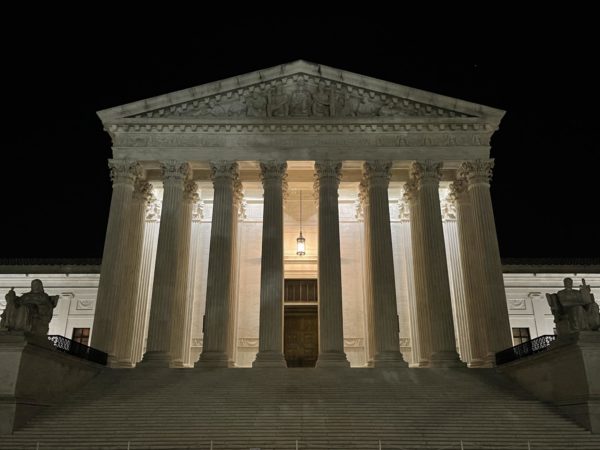
Tulane University released a statement June 29 regarding the recent U.S. Supreme Court decision on affirmative action. In the statement, Tulane acknowledges the importance of diversity as a tenant of excellence and the necessity of inclusivity in the community.
Affirmative action refers to the policies aimed at increasing the number of minority students on college campuses — populations that are historically excluded from these institutions. The Supreme Court’s ruling changed the precedent that previously allowed universities to use race-conscious admissions policies. The Supreme Court decision systematically dismantles equity by forcing students to tell their stories without the context provided by race and minority status.
If Tulane wants to stand by its commitment to diversity and inclusion, it must look to alternative programs. The Supreme Court ruling focuses on admissions, but schools have already implemented recruitment programs and scholarship opportunities aimed to increase diversity on campuses.
The University of Michigan and the University of California have already begun looking for alternative ways around the outlawing of race-conscious admissions. Both of these schools funneled millions into programs similar to Tulane’s Office of Equity, Diversity and Inclusion, but those programs have fallen short, leaving minority students to wonder about their spot at top academic institutions nationwide.
Tulane has a well-established EDI office with the mission to increase diversity on campus. The office coordinates activities, initiatives and resources to help minority students attend and thrive at Tulane. Their website highlights “A Plan for Now” and “A Strategy for Tomorrow,” two initiatives to guide the university towards becoming a more inclusive community. The EDI office is a great resource for students, but it is unknown if the pre-existing programs will offset the loss of affirmative action in Tulane’s admission process.
In Tulane’s June 29 statement, the school ensured its commitment to diversity but failed to mention plans and upgrades to the EDI office. At Tulane, where 70% of the student body is white and only 8% are considered low-income, it is imperative that Tulane continues to seek innovative ways to improve diversity.
The most effective way for Tulane to increase diversity in admissions is ending legacy preferences, a practice that gives admission preference to the direct family members of alumni. Historically, minority populations have been excluded from higher education institutions. In the modern day, this scheme creates a feedback loop in which descendants of white alumni receive preferential consideration compared to their minority counterparts.
Studies show that the admissions rate for legacy applicants in many highly selective institutions is three times higher than that of non-legacy applicants. In 2014, Johns Hopkins University eliminated legacy preference and saw a subsequent 10% increase in first-generation students and a 7% increase in Federal Pell-eligible students. At Tulane, legacy admission is still alive, and legacy applicants are encouraged to disclose their connections to Tulane’s Office of Advancement.
In addition to removing barriers for minority students, there are active ways to create a student body that is more reflective of the population. Lawmakers in California, Texas and Florida have already started innovative methods to increase diversity in admissions. All three states implemented percentage plans, in which the top percentage of every high school’s graduating class receives automatic admission into local public institutions of higher education. These plans increase diversity by taking students from all high schools around the state, thereby making the student body more representative of the overall state population.
The recent Supreme Court case has undoubtedly changed the future of college admissions for the foreseeable future. Structural barriers prevent many minority students from receiving the same resources as their white counterparts. Affirmative action in college admissions was a step towards true equity in the U.S. Now, the future looks uncertain for many students.
On college campuses, we learn most from those whose experiences and stories differ from our own. A homogenous student body limits thought and prohibits growth. Tulane must implement new admission methods and outreach programs to ensure the success and well-being of all students.






















Leave a Comment